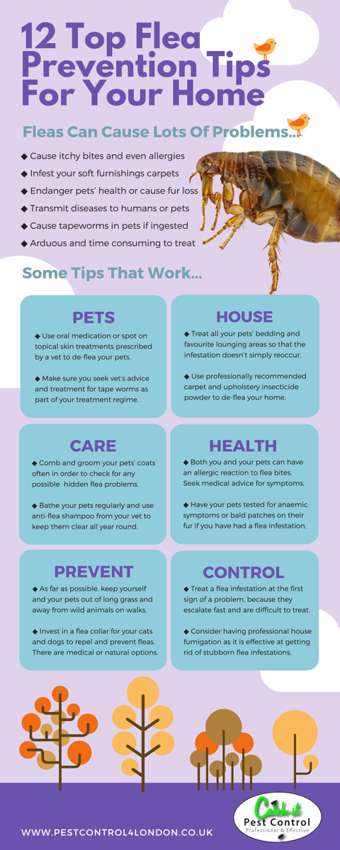Gaining Expertise On Just How Rats Act Is Important For Properly Regulating Pest Problems. Experts Supply Important Understandings On This Matter
Gaining Expertise On Just How Rats Act Is Important For Properly Regulating Pest Problems. Experts Supply Important Understandings On This Matter
Blog Article
Web Content Composed By-Craig Holdt
Picture being able to expect the steps of your opponents in a video game of chess, always staying one action ahead.
On the planet of insect control, comprehending rodent habits resembles having that tactical advantage. By acquiring professional insights right into the nesting routines, feeding patterns, and interaction and social actions of rats, you can successfully deal with these pesky animals.
But just how precisely do rats act, and why is it essential to recognize? In this discussion, we will untangle the enigmas of rodent actions, supplying you with useful understanding that will help you stay ahead in the battle against parasites.
Are you ready to uncover the keys of these cunning creatures?
Nesting Behaviors
To understand rodent actions and effectively control insects, it is necessary to get understanding right into their nesting habits.
Rats, such as computer mice and rats, have a natural reaction to locate shelter and create nests where they feel secure and secure. These nests function as their homes, reproducing premises, and storage locations for food. Comprehending their nesting routines can assist you recognize prospective locations of infestation and apply targeted control actions.
Rats typically like nesting in dark, private rooms, such as attics, basements, crawl spaces, and wall surface voids. They utilize products like shredded paper, textile, insulation, and also chewed-up electrical cables to build their nests.
Feeding Patterns
Rats show unique feeding patterns that play an essential duty in their actions and can inform efficient parasite control methods. Recognizing these patterns is important for implementing successful pest control measures.
Rats are opportunistic feeders, suggesting they'll take in whatever food is readily offered. They like high-calorie foods such as grains, nuts, and seeds. This is why appropriate storage of food and waste monitoring are important in preventing rodent problems.
Additionally, safe indoor ant killer are nocturnal, which suggests they're most active throughout the evening when they search for food. By recognizing their feeding patterns, you can tactically put traps and lures to optimize their performance.
Maintaining food sources inaccessible and preserving a tidy setting can assist deter rats and minimize the threat of invasion.
Interaction and Social Behavior
Recognizing exactly how rats connect and connect socially is important for efficient insect control approaches. Rats, like computer mice and rats, have intricate interaction systems that they utilize to share details per various other and coordinate their activities. Here are mosquito solution of rodent communication and social habits:
1. Vocalizations: Rodents produce a large range of singing audios, including squeaks, chirps, and chattering, to connect with each other. These articulations can convey various messages, such as threat warnings or mating telephone calls.
2. Scent noting: Rodents make use of scent glands to leave chemical signals on things and in their atmosphere. These scent marks work as territorial boundaries and connect information concerning reproductive status, dominance, and social association.
3. Social hierarchy: Rodents have an ordered social structure, with leading people having access to sources and favored nesting sites. Recognizing this hierarchy is essential for targeting parasite control initiatives and recognizing essential individuals for elimination.
https://www.mercurynews.com/2020/12/28/2020-takes-santa-cruz-countys-animal-shelter-on-a-wild-ride/ , there you have it - a quick look into the fascinating world of rodent habits. By understanding their nesting routines, feeding patterns, and communication, we can much better take on the problem of bug control.
Did you understand that a women mouse can produce approximately 10 trashes annually, with each trash containing around 5-6 dogs? This amazing statistic highlights the significance of prompt and efficient pest management to avoid rodent populations from spiraling out of control.
